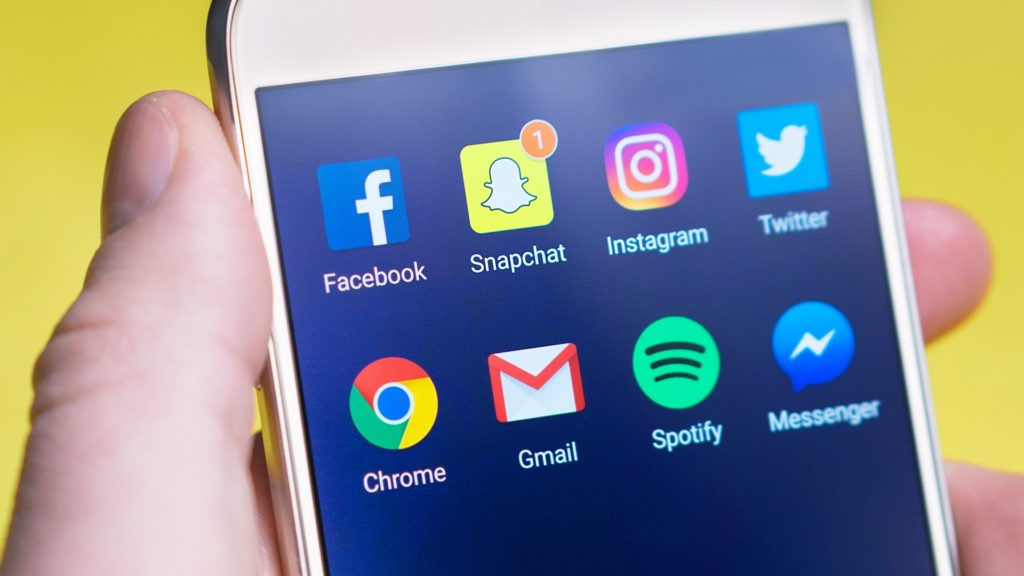
Social Media Keywords: 15 Essential Terms Every Marketer Should Know
Social media Keywords marketing is important for businesses but the amount of jargon in the industry can be confusing especially for first-timers.
What are the 15 Social Media Keywords you should understand?
1. Social Listening
Social listening is the act of monitoring what your customers are saying on social media. For example, you may use a tool like Lucidya to track Twitter conversations that mention your brand. You can also track competitors or keywords depending on how you filter your results.
Social listening helps you understand your customers beyond sales numbers and conversion rates. Here’s a complete guide to read about social listening and how it can benefit your brand.
2. Share of Voice (SOV)
This metric measures your brand’s influence in the market. A higher SOV value means your brand is more influential among your target audience in terms of reputation. Nike and Adidas are examples of brands with strong SOV in their respective industries.
Learn more about SOV here in our in-depth blog post.

3. Sentiment Analysis
Sentiment analysis identifies your users’ feelings for your brand. Most social listening tools (including Lucidya) generate insights based on your customers’ online conversations. Sentiment analysis also helps you understand how customers feel about your actions.
Knowing this helps you make informed decisions like addressing negative comments to prevent PR disasters, for example.
4. Engagement
Engagement is the rate at which users interact with your brand. Interaction can come in many ways. It could be as simple as reading a blog post, all the way to attending product demos. You want high engagement rates as that signals high audience involvement towards your brand.
5. Reach
Reach is a metric used to measure how widespread your content is among target users on social media. The higher your reach, the more people that are aware of your brand. One way to increase reach is by promoting content through organic marketing or paid campaigns through ad networks like Facebook and Google ads.
6. Social Media ROI
Social Media ROI is calculated by taking revenue and dividing it by the total money spent on social media campaigns. For example, if you allocated $1,000 for a Facebook campaign and made $2,000 in sales, your social media ROI is:
$2,000 revenue / $1,000 ad spend x 100 = 200% return on your investment.
Total time worked, employee labor, and engagement are other metrics you can use to measure your social media ROI in place of ad spend.
7. Response Time
Successful companies have equally strong customer service performances—response time measures that. It is a benchmark for how fast your brand detects and resolves customer queries. Companies should aim for 15 minute response times on average if they want to keep customer satisfaction high.

8. Benchmarks
Benchmarks are used to measure your brand’s performance over time. For instance, you can use it to measure this year’s influencer marketing results against the previous year to see if your brand is doing better.
You can also benchmark against competitors with a social listening tool like Lucidya. This gives you an idea of how your brand is performing in the market which helps significantly with improving the business.
9. Volume
Volume is quite similar to reach but with a twist. Instead of tracking awareness, volume measures the number of brand mentions on social media i.e. how many people are talking about your brand.
High volume is not always good. You might see spikes in brand mentions if your organization is involved in a PR crisis. We recommend using social listening to determine whether your volume is good or if it’s a sign of trouble.
10. Performance Metrics
Performance metrics, also known as KPIs or OKRs, measure your brand’s success in a particular area and whether that success helps achieve organizational goals. Common performance metrics in social media include:
- Reach (e.g. total views, likes, shares)
- Leads generated
- Sales figures
Metrics vary depending on your brand’s vision and mission. A company focusing on increasing awareness will have different metrics compared to one that aims to bring in more clients.
11. Influencer
An influencer is a person or group who has control over your target audience. Celebrities, social media personalities, and industry experts are examples of influencers. Since they are trusted by customers, influencers can build or affect your brand’s reputation in the eyes of consumers.
Influencer marketing is a popular strategy used by businesses today to launch products and generate massive sales. You can learn more influencer marketing in our in-depth guide here.
12. PPC
It is short for pay-per-click, a term used by markets to describe paid ads. PPC campaigns work by charging advertisers when an ad is clicked. This makes advertising cost-effective since companies only pay for customers who take action.
It is also the default ad structure in most social media platforms including Facebook, Twitter, and LinkedIn.
13. SEO
SEO refers to search engine optimization, a process used to help web pages rank better on search engines like Google or Bing. Companies value SEO since higher-ranking pages generate more organic traffic—often considered the most cost-effective marketing channel.
14. Social Analytics
Social media analytics is all about making sense of the data generated from social media. Companies use technologies like AI to turn data into valuable insights and help them make better business decisions.
Here is a list of the top social analytics tools used by leading brands in the industry today.
15. Mention
A mention happens when your company name is tagged or ‘mentioned’ on social media. Company nicknames, employees, and relevant keywords can also be classified as mentions to expand your findings.
Most brands use social listening to track mentions as doing so by hand takes too much time and effort to the point where it’s counterproductive.
Why Lucidya Is a Must-Have Tool for Successful Social Media Keywords Marketing
Lucidya is an AI-powered social media listening tool that empowers companies with in-depth, never-before-seen customer insights. Lucidya’s best-in-class text analysis engine also provides powerful sentiment analysis for conversations in English and all Arabic dialects including Najdi, Hijazi, Levantine and many more.
With Lucidya, businesses can build profitable products, boost customer satisfaction, execute successful campaigns, and close more sales thanks to our extensive list of social media listening features.
Social Listening for Content Strategy: Leveraging Lucidya’s Social Listening Tool









